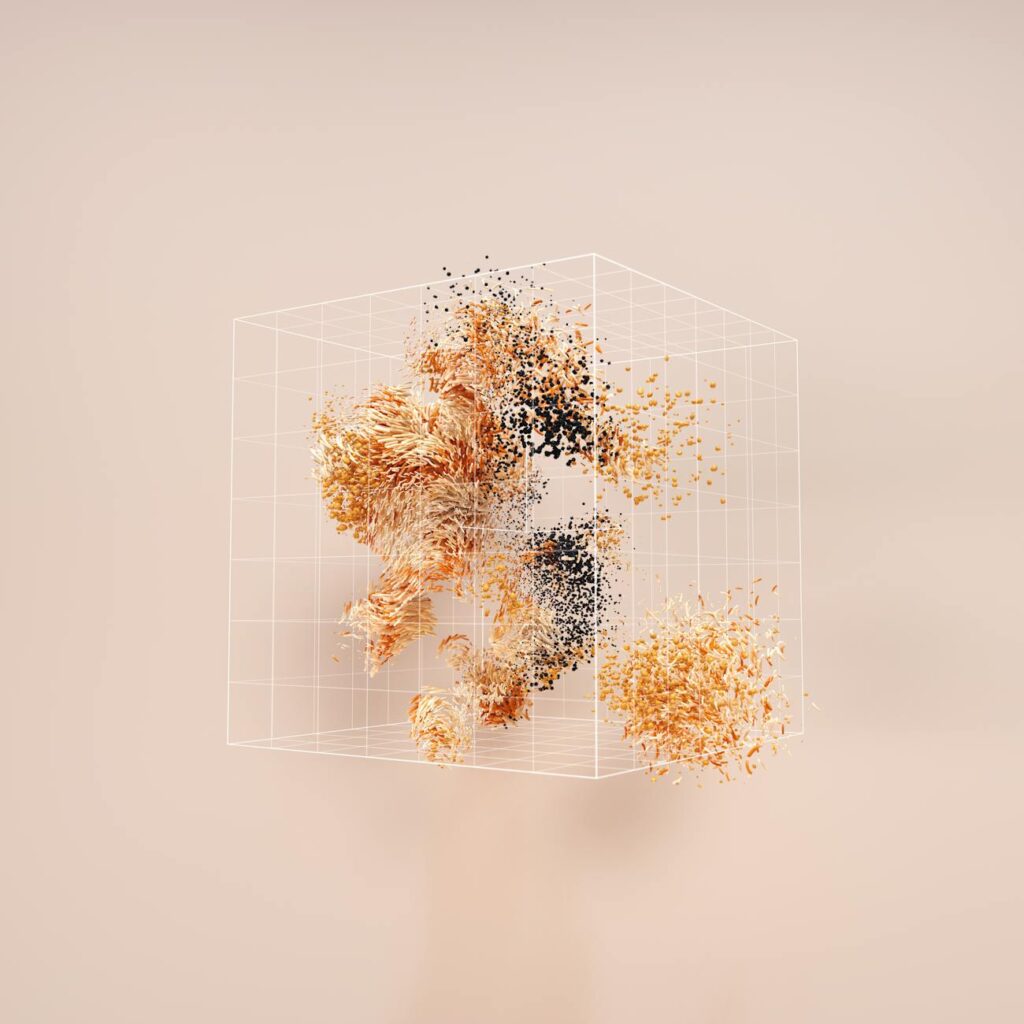The Future of Decentralized Autonomous Agents as Economic Actors
Remember those clunky automated phone systems? Press 1 for this, 2 for that… and inevitably ending up screaming at a robot? Well, imagine the exact opposite. Picture an intelligent, adaptable agent working tirelessly on your behalf in the digital world. That’s the promise of Decentralized Autonomous Agents, or DAAs. They’re not just automating tasks; they’re poised to become key players in the future of our economy.
What Exactly Are Decentralized Autonomous Agents?
DAAs are essentially software programs that operate autonomously, making decisions and executing actions without human intervention. Think of them as digital butlers, only much more sophisticated. They leverage blockchain technology for security and transparency, and often incorporate artificial intelligence to enhance their decision-making capabilities.
How DAAs Function in a Decentralized World
Unlike traditional software, DAAs operate on decentralized networks. This eliminates single points of failure and censorship, making them resilient and tamper-proof. It also empowers them to interact and collaborate with other DAAs, creating a dynamic and evolving ecosystem.
The Transformative Power of Decentralized Autonomous Agents
The potential impact of DAAs is enormous. Imagine a world where your DAA negotiates the best deals on your behalf, manages your investments, or even runs your online business. These aren’t just futuristic fantasies; they’re rapidly becoming realities. We’re on the cusp of a major shift, and understanding the role of Decentralized Autonomous Agents is crucial.
DAAs as Economic Actors: Reshaping Markets

DAAs in Supply Chain Management
Ever ordered something online and wondered where it was? DAAs can streamline supply chains by automating tracking, logistics, and even payment processing. This improves efficiency, reduces costs, and enhances transparency for everyone involved.
DAAs in Decentralized Finance (DeFi)
DAAs are already making waves in DeFi. They can execute trades, manage portfolios, and even create new financial instruments, all without relying on centralized intermediaries.
The Challenges and Opportunities of DAA Integration
Of course, such a transformative technology comes with challenges. Security is paramount. How do we ensure DAAs are immune to hacking and malicious attacks? And what about regulation? How do we govern these autonomous entities operating in a decentralized world? These are important questions that need careful consideration. But the potential rewards far outweigh the risks.
The Future of Work in a DAA-Driven Economy
Will DAAs replace human jobs? Perhaps some. But they’ll also create new opportunities. We’ll need developers to build and maintain these agents, designers to create user-friendly interfaces, and ethicists to navigate the complex ethical implications. The future of work is not about humans vs. machines; it’s about humans with machines.
The Path Forward: Embracing the DAA Revolution
The rise of DAAs is inevitable. They represent a fundamental shift in how we interact with the digital world. By understanding their potential and addressing the challenges head-on, we can harness the power of DAAs to create a more efficient, transparent, and equitable economic future. Are you ready to embrace the change?


